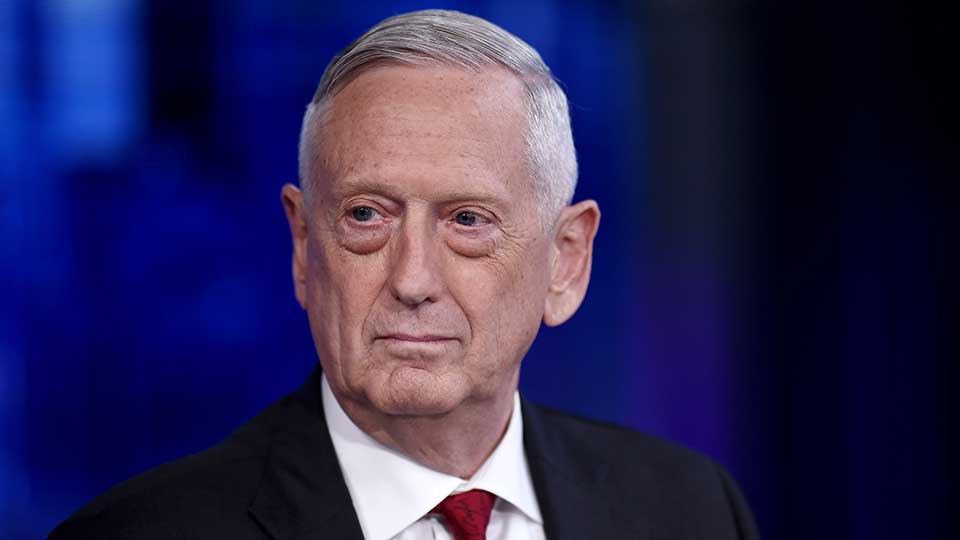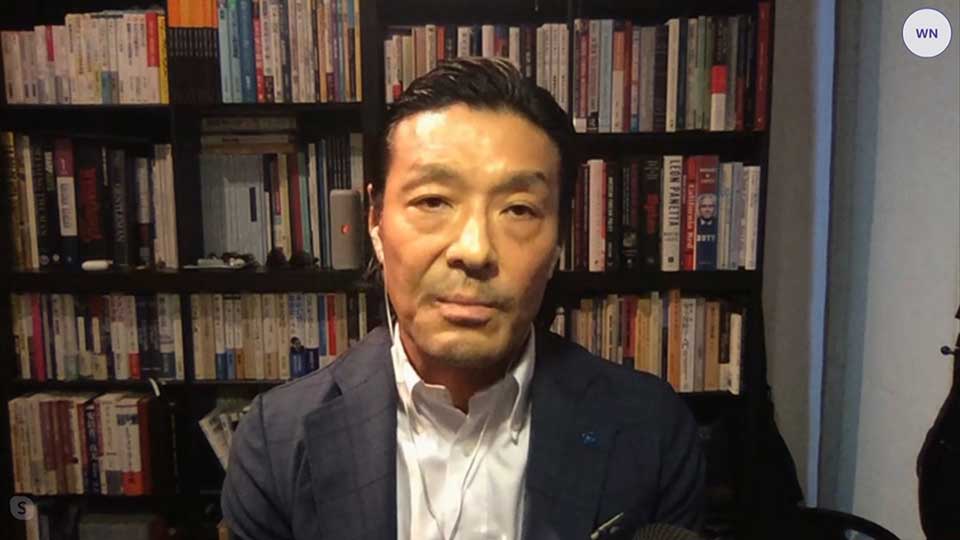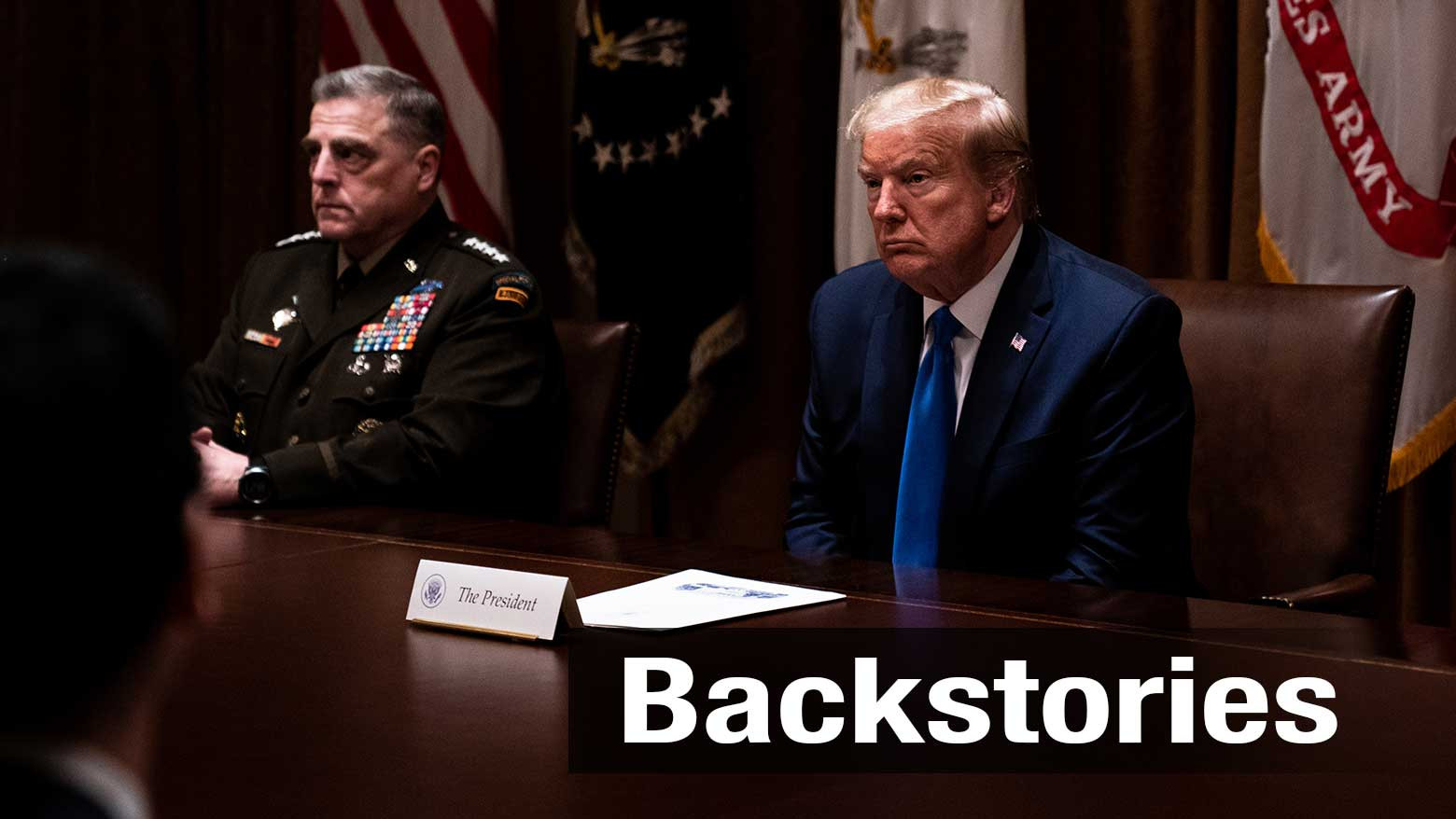“[President Trump] laid bare his disdain for the rights of peaceful protest in the country.”
These were the words of Mike Mullen, who served as the Chairman of the Joint Chiefs of Staff during the Bush and Obama administrations, in an article published in The Atlantic on June 2.
The piece marked the beginning of a wave of criticism directed at Trump from the upper echelons of the military. The following day, James Mattis, the esteemed former Marine general who resigned as Secretary of Defense in 2018 in protest of Trump’s scattershot Syria policy, released a statement.
“When I joined the military, some 50 years ago,” Mattis wrote, “I swore an oath to support and defend the Constitution. Never did I dream that troops taking that same oath would be ordered under any circumstance to violate the Constitutional rights of their fellow citizens.”

He added, “Donald Trump is the first president in my lifetime who does not try to unite the American people -- does not even pretend to try. Instead he tries to divide us. We are witnessing the consequences of three years without mature leadership.”
"We must reject and hold accountable those in office who would make a mockery of our Constitution.”
This was soon followed by news that former Secretary of State Colin Powell had endorsed presumptive Democratic nominee Joe Biden for president. Powell called Trump an ineffective president who “lies all the time” and said the country’s reputation had been ruined under his stewardship.
Retired generals haven’t been the only ones to denounce the president; some members of the active leadership have started to speak up against their Commander-in-chief.
On June 11, current Chairman of the Joint Chiefs of Staff General Mark Milley apologized for appearing alongside Trump at a photo-op in Washington. Police cleared the area of protesters so Trump and a number of officials, including Milley, could take pictures at a church. Many say this was a violation of constitutional rights.
“I should not have been there,” Milley said. “My presence in that moment created a perception of the military being involved in domestic politics.”
He added, “As a commissioned uniformed officer, it was a mistake that I have learned from.”
The tension has embroiled the Japan-US alliance. The two nations have enjoyed a particularly close relationship during Trump’s time in office, as the White House’s hardline China policy is favored by Prime Minister Abe Shinzo over the conciliatory approach of President Obama. But the events of recent weeks may upset the status quo.
“A president who is not backed by the US military is no longer desirable for Japan,” a senior Japanese defense ministry official told me.

Nakayama Toshihiro, a professor at Keio University and an expert on US-Japan relations, said the generals’ remarks would shift the entire context within which the alliance is considered from a Japanese perspective.
“The Japan-US alliance functions effectively as long as the US supports the international order and norms. If not, then the Trump administration could be considered a threat even to Japan.”

